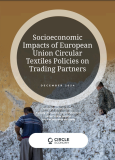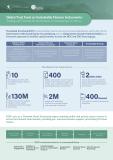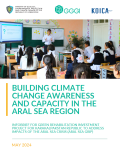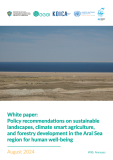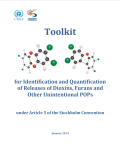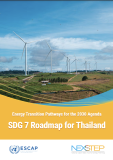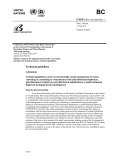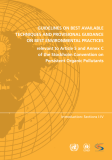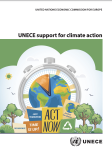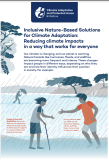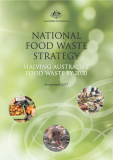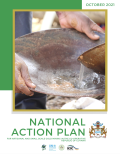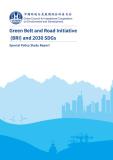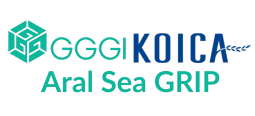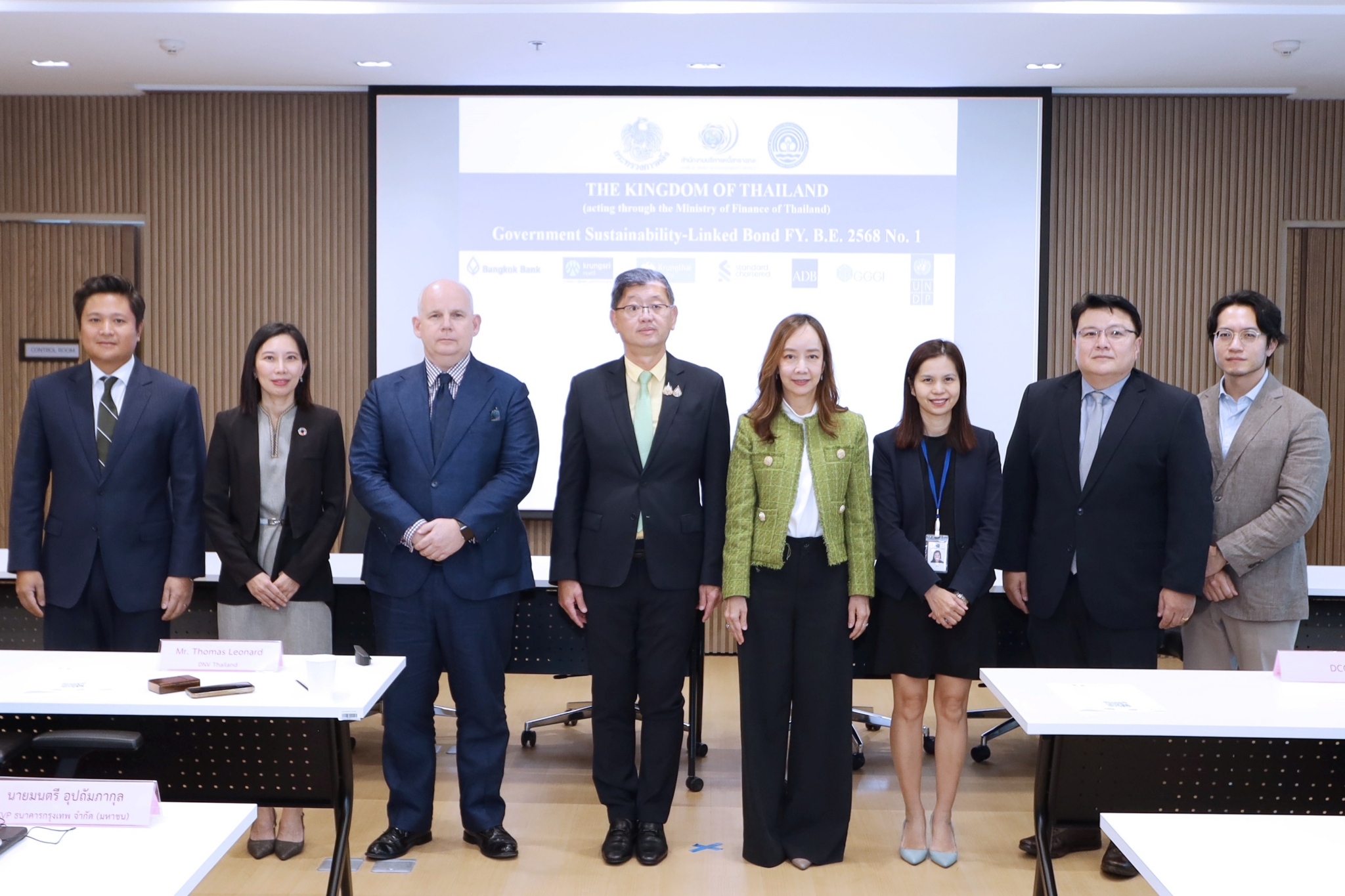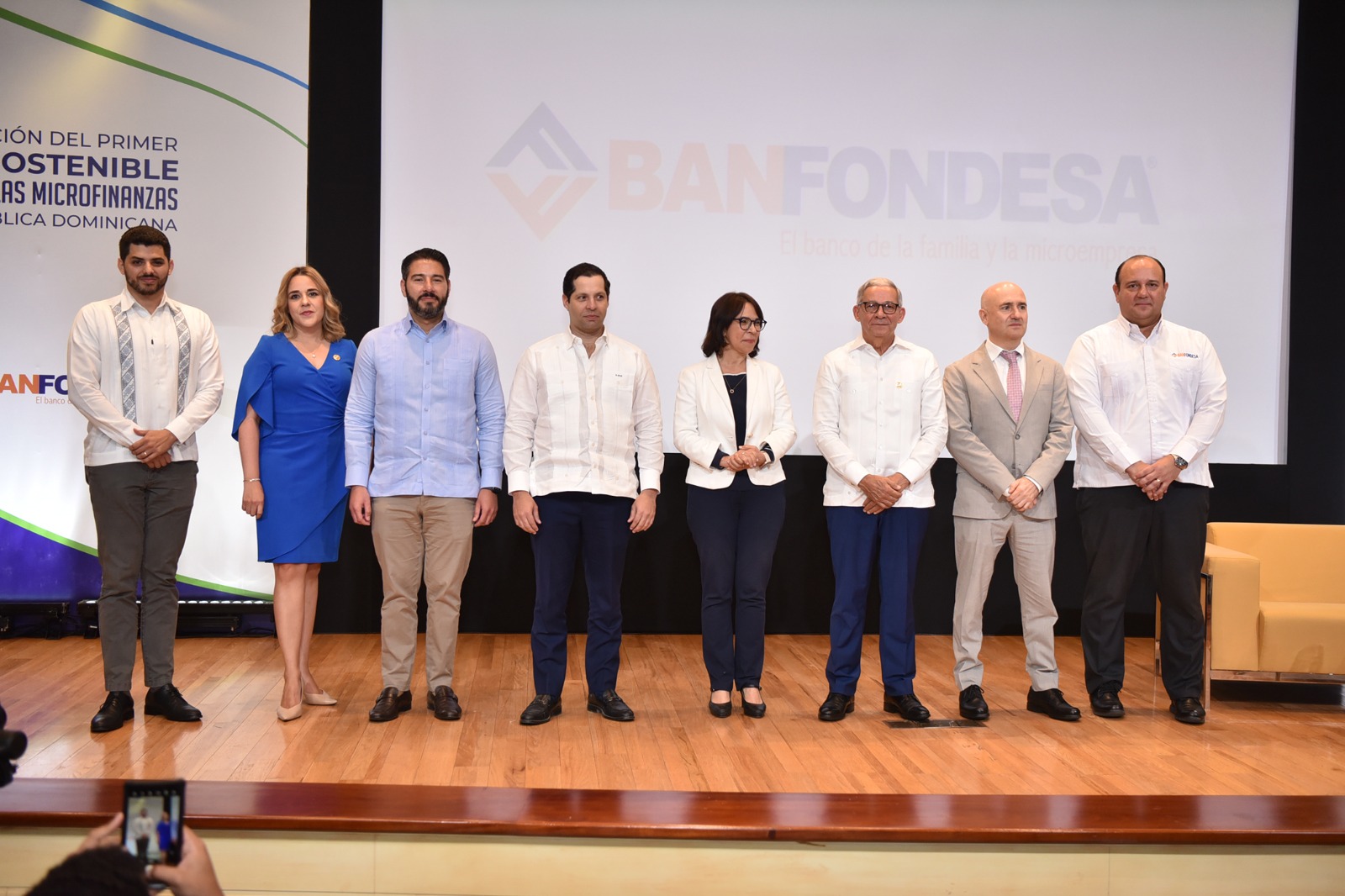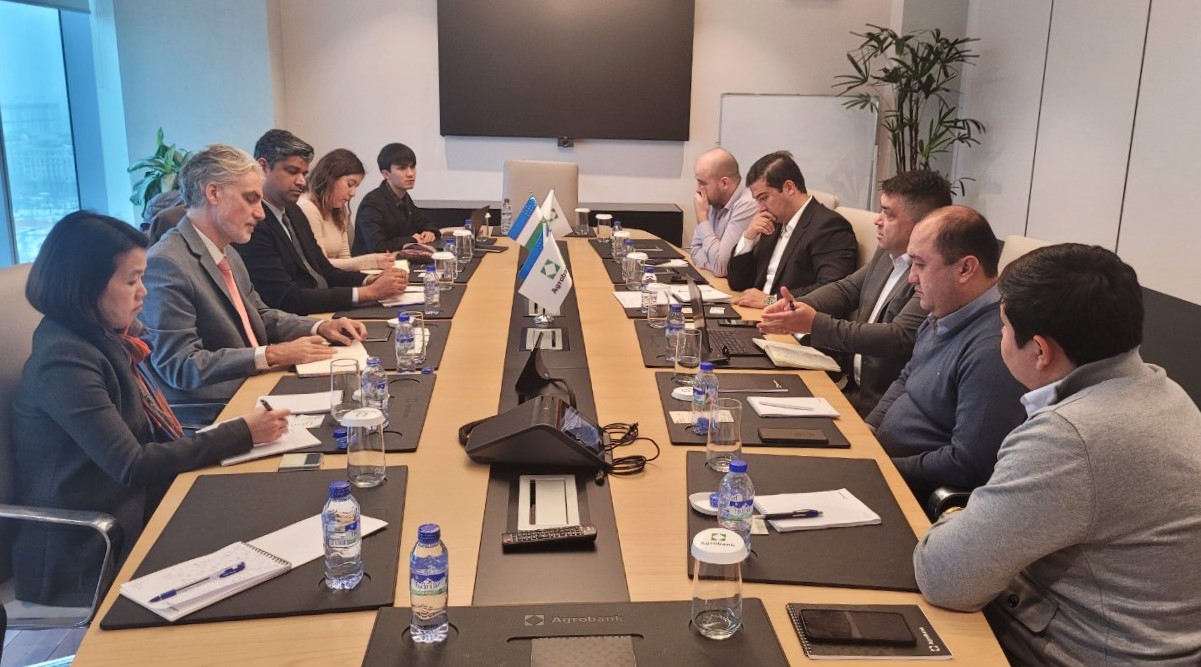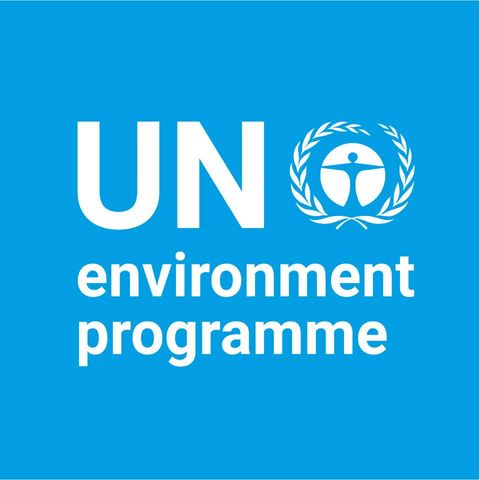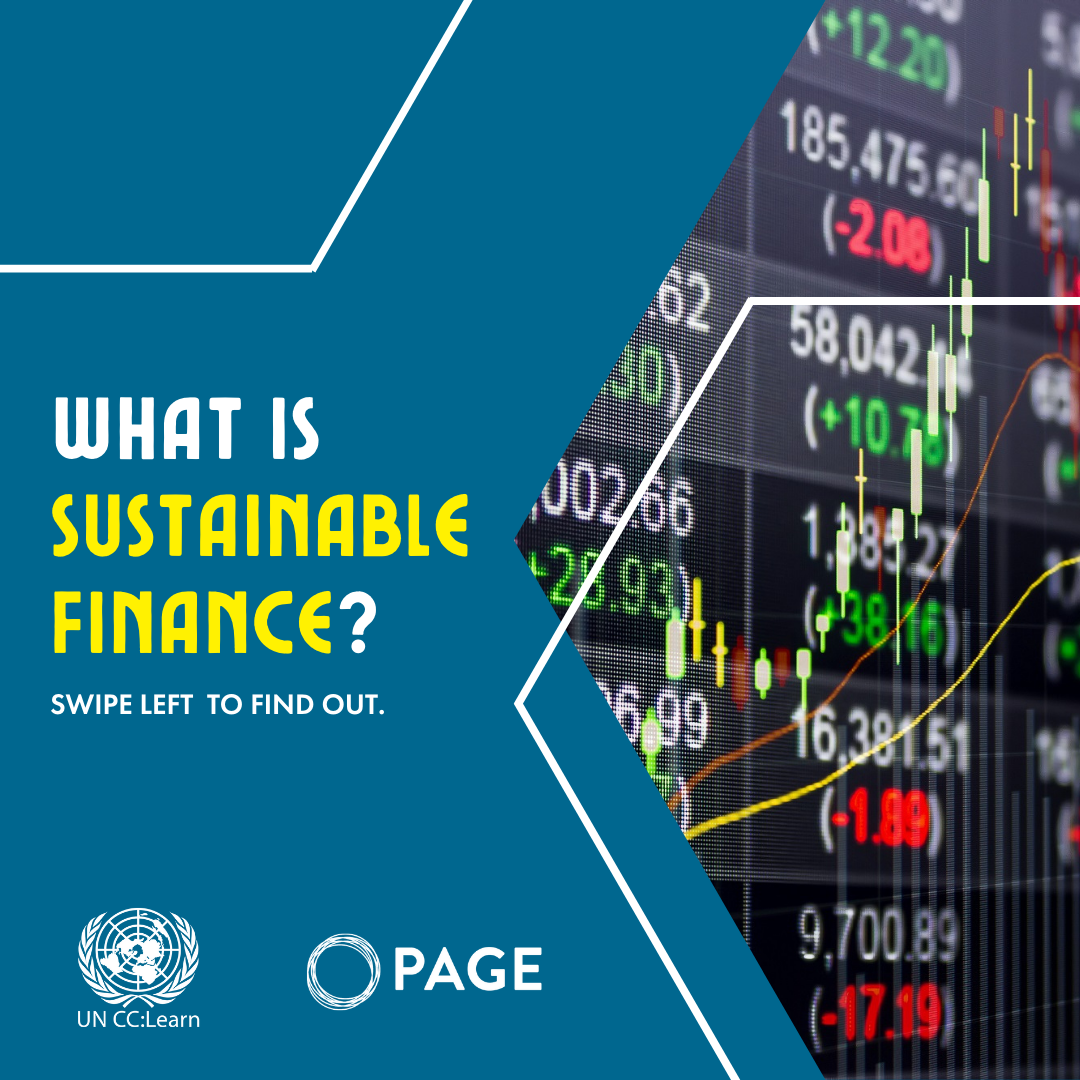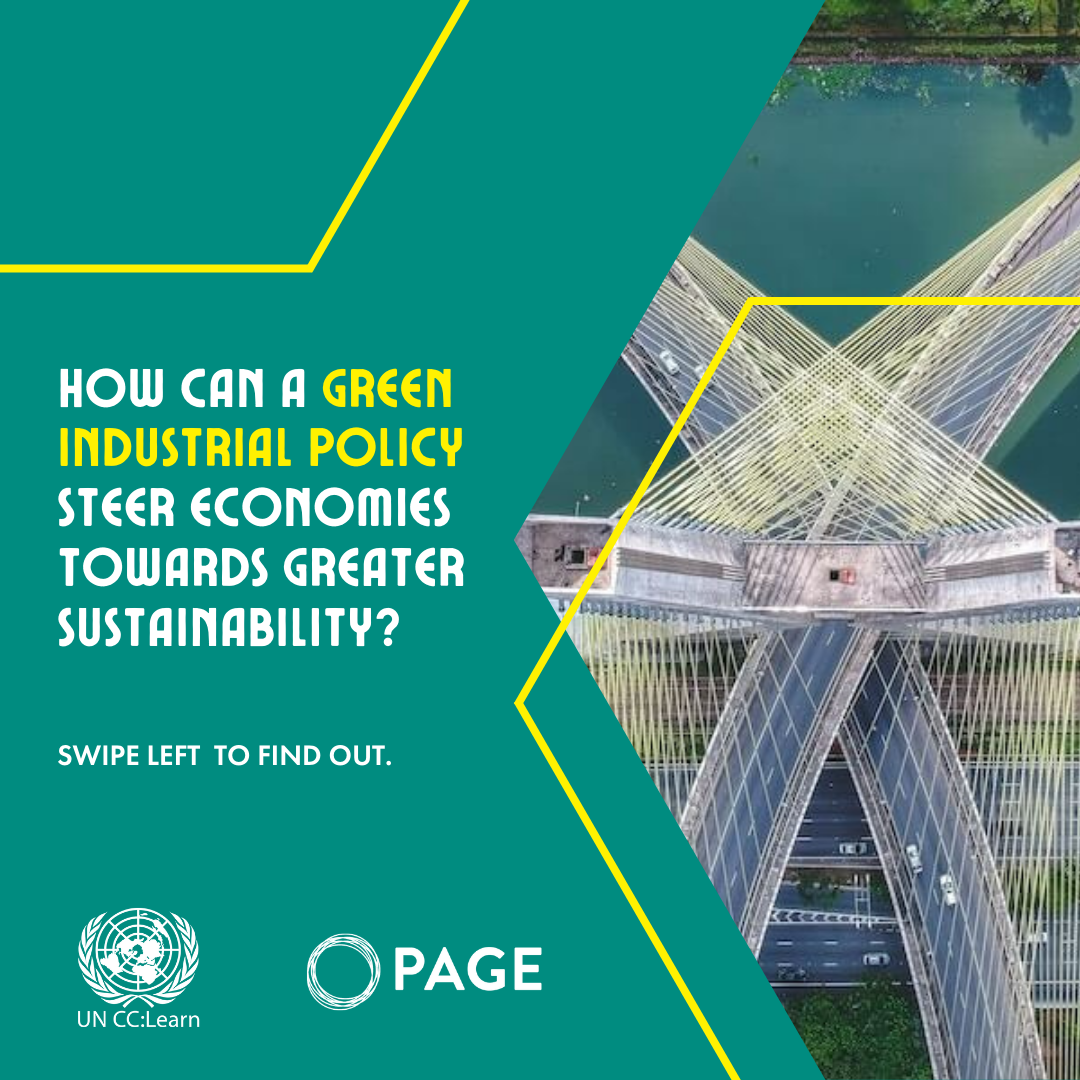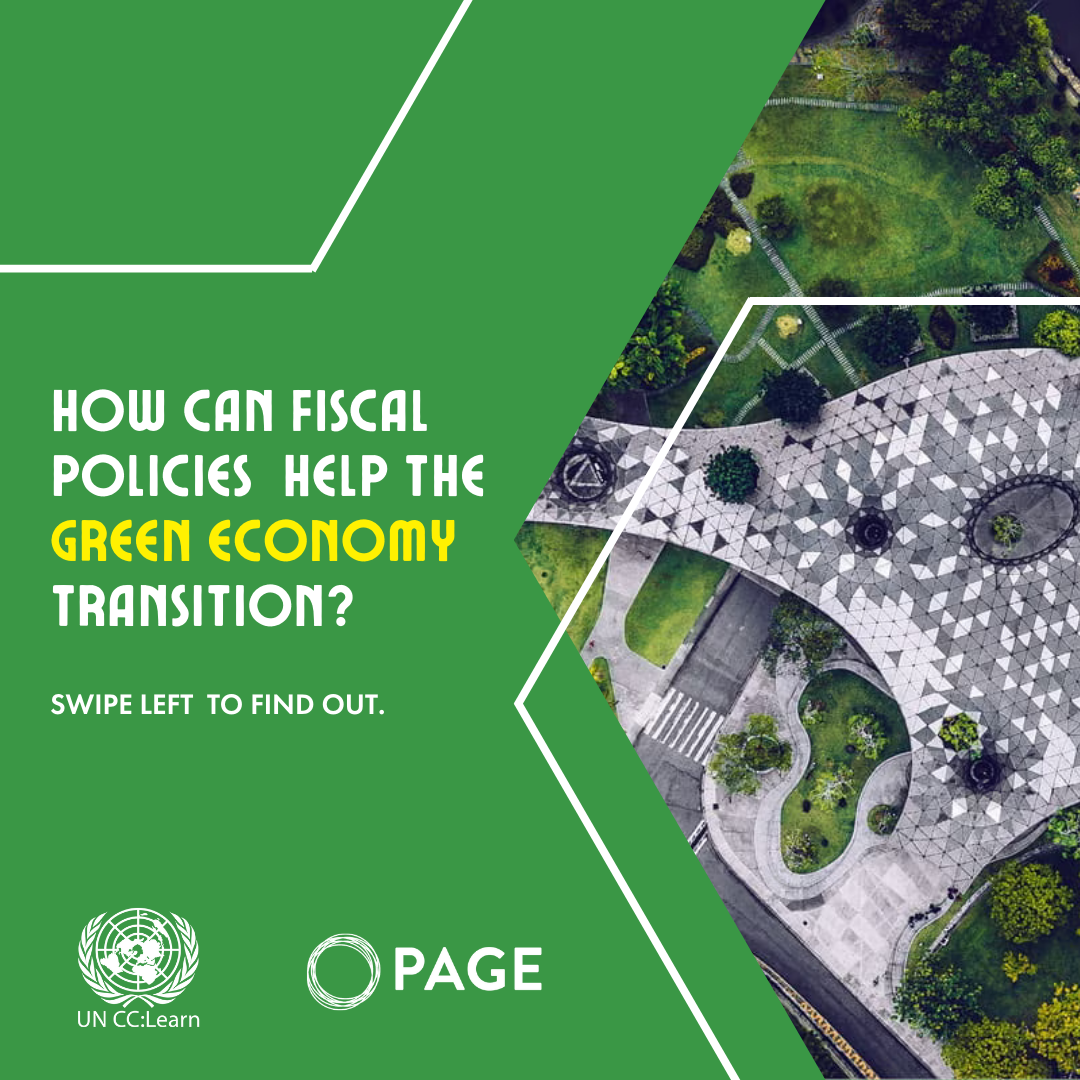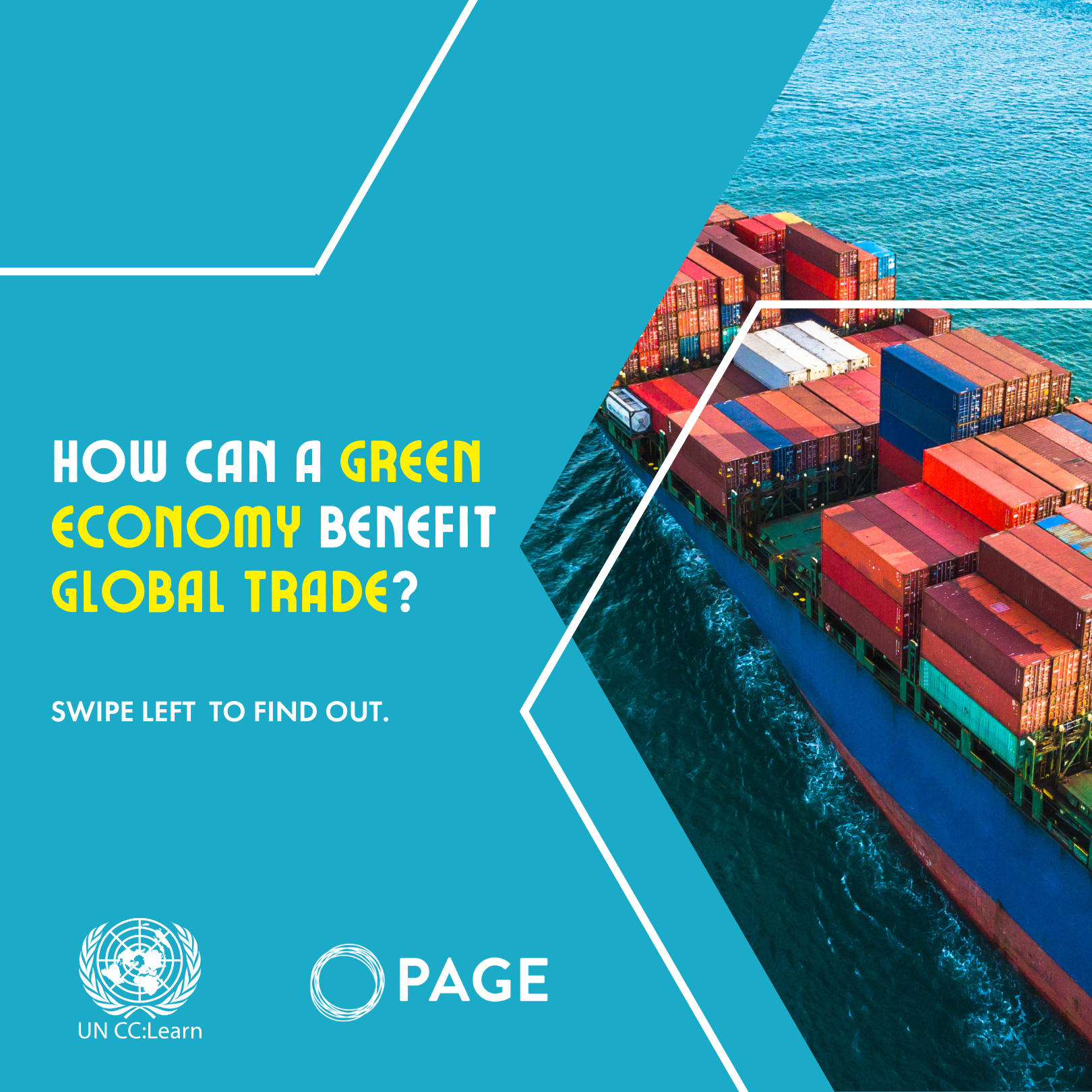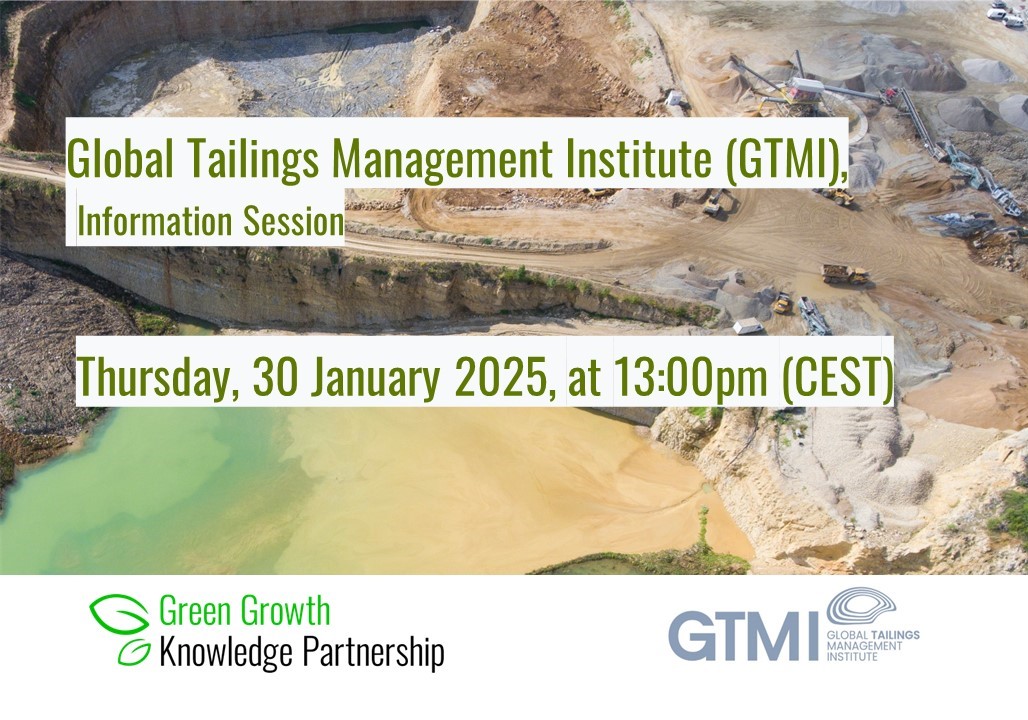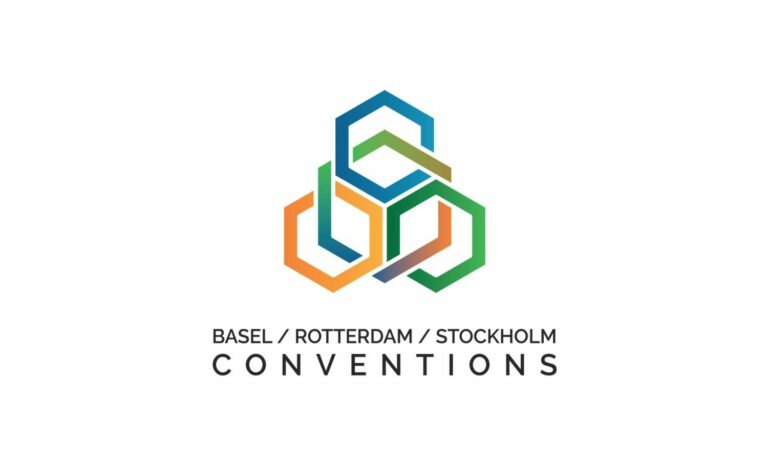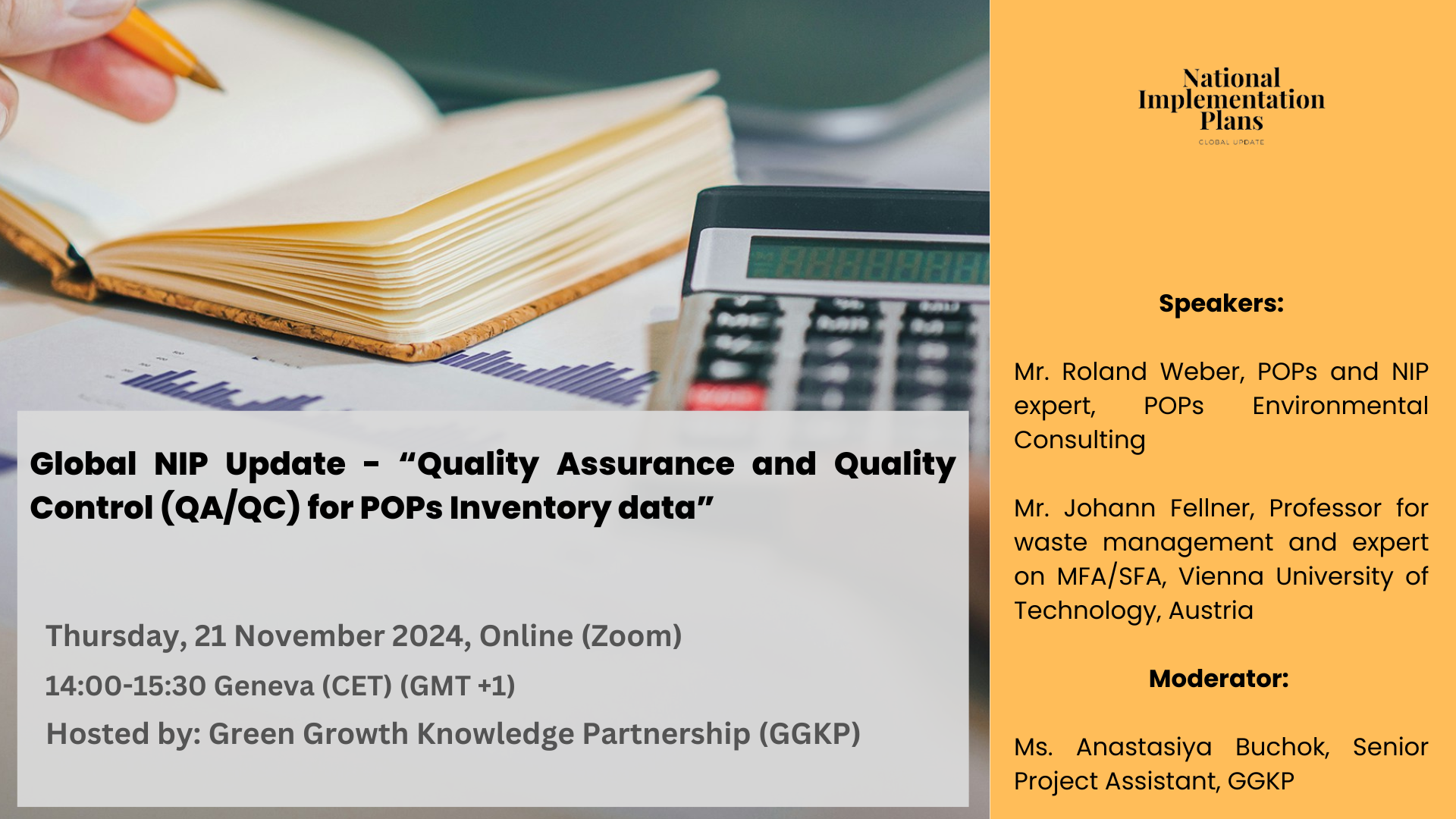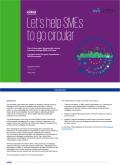
This guide has been drafted as background and reference materials for the training of SME support organisations. These training sessions aim to help establish programs for delivering services related to resource efficiency, circular economy, and eco-innovation.
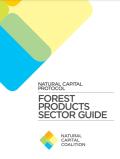
This report offers a standardised decision-making framework to support businesses along the forest products value chain in identifying, measuring, and valuing their impacts and dependencies on natural capital.
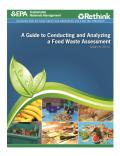
This guide explains how to conduct a food waste assessment with the steps necessary to achieve a baseline measurement.
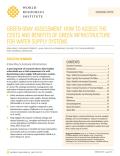
WRI's Green-Gray Assessment (GGA) method allows stakeholders to value the costs and benefits of integrating green or natural infrastructure into water supply systems to improve performance.
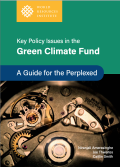
This guide is made for helping newcomers and veterans navigating the Green Climate Fund's policy direction.
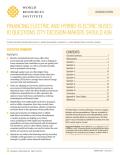
This paper seeks to build on guidance provided by existing literature and dive deeper into some of the financial issues cities face, such as decisions about the different technologies, plans, operations, procurement strategies, regulations, and financing opportunities.
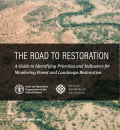
The tool guides users through basic questions about the process to restore land: Why is restoration needed in the first place? What will the restored land be used for? What are the barriers that could prevent sustainability (including drivers of degradation and enabling factors)? What are the constraints and priorities for monitoring restoration?
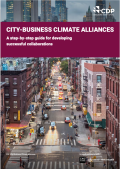
This publication is designed for city governments who recognize that by working together with their local business community, they are better prepared to address the challenges of climate change.
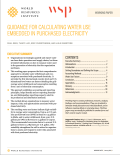
This working paper proposes the first comprehensive approach to calculate water withdrawals and con- sumption associated with purchased electricity
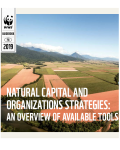
This guidebook provides information on tools dedicated to natural capital that are designed to support decision-making.











